Mashreq’s new head in Qatar; Aramex’s acquisition; Omani banks; and more.
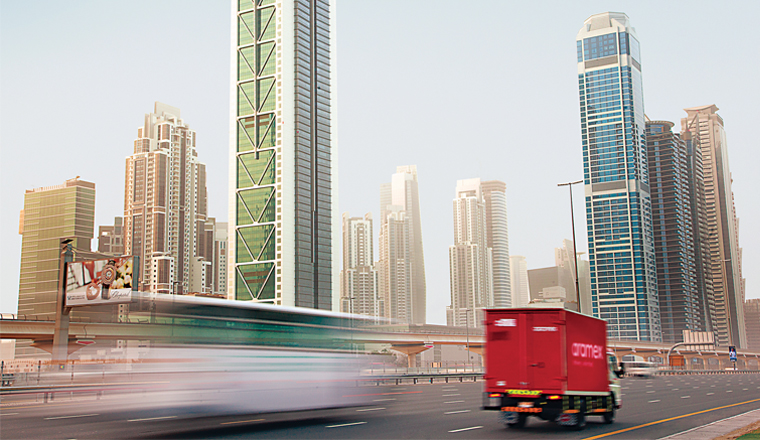
25 April 2024

Mashreq’s new head in Qatar; Aramex’s acquisition; Omani banks; and more.
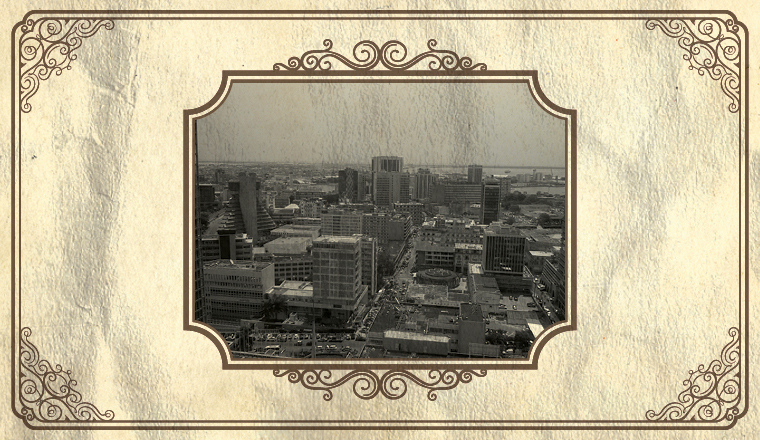
Since the conclusion of the political and economic crisis in 2010, Cote d’Ivoire has flourished in the debt market, more so even than other Sub-Saharan African countries that have benefitted from the hunt for yield. EMEA Finance examines the prospects for the country going forward.
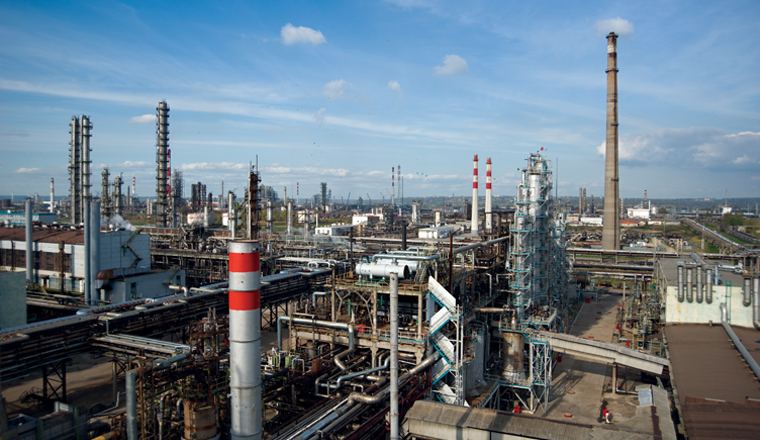
Sibur continues to grow aggressively despite (or because of) Russian economic woes.
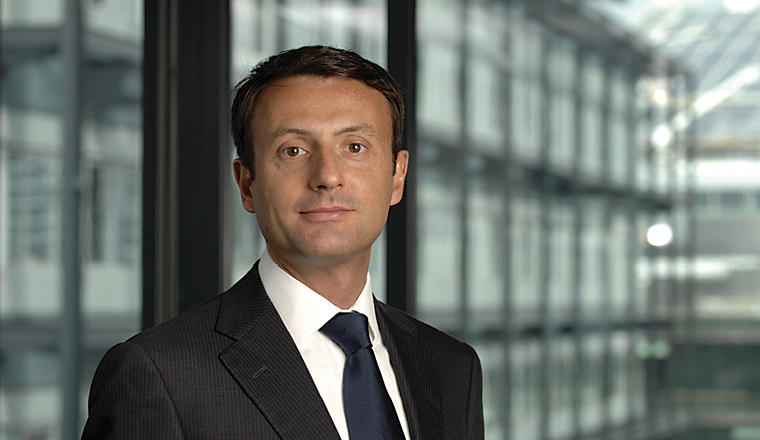
The EBRD has only been active in Turkey since 2008, but the country was the largest recipient of its funds last year. What does that say about Turkey’s needs from international finance institutions and the services they can provide?
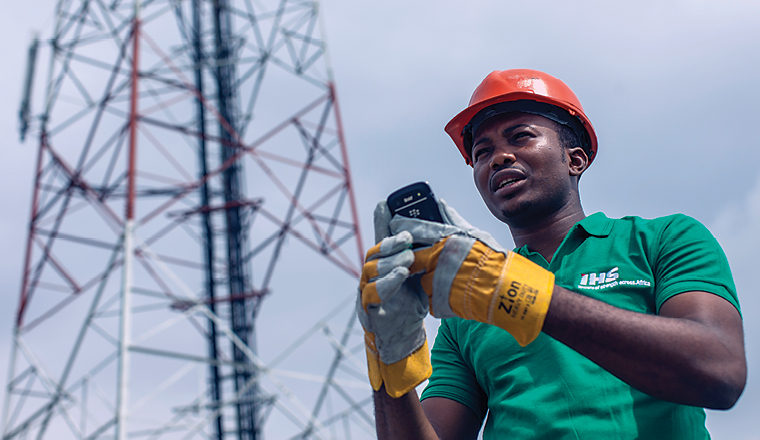
Round-up of our EMEA winners in this year's Project Finance Awards.

Round-up of our CEE winners in this year's Project Finance Awards.
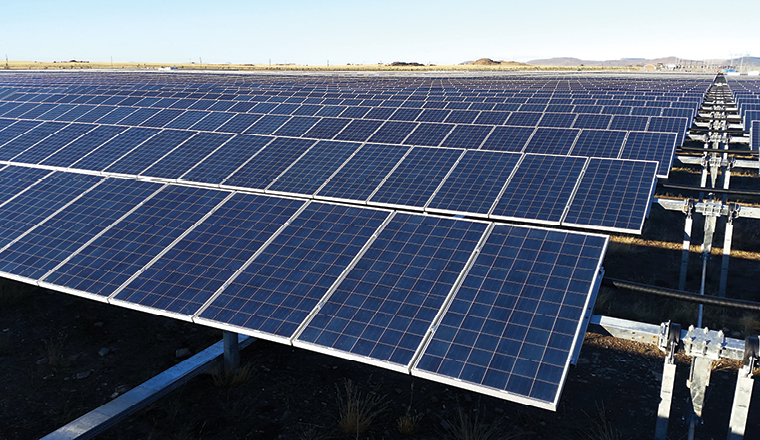
Round-up of our Middle East winners in this year's Project Finance Awards.
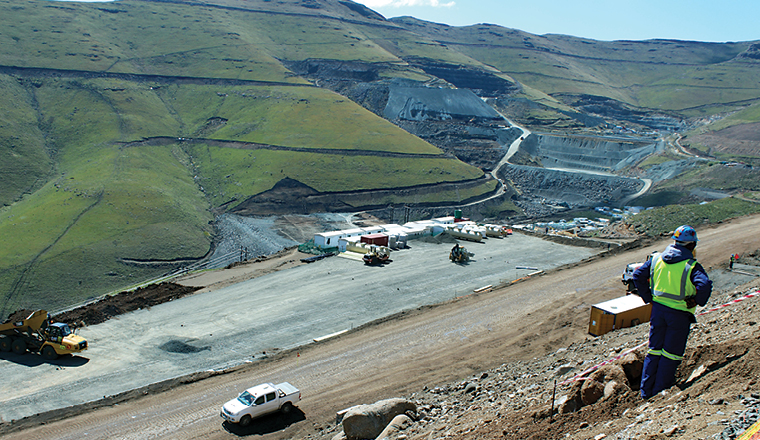
Round-up of our Africa winners in this year's Project Finance Awards.
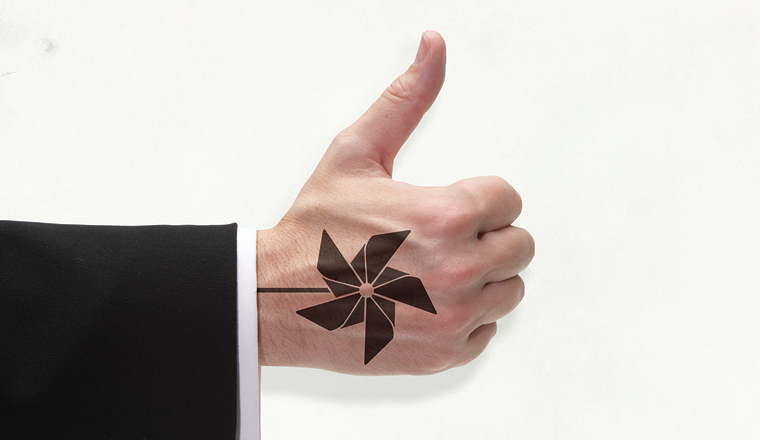
Arab heads of state signed the Damascus Declaration in 2007, a pledge “to take necessary measures and develop competent plans to enhance renewable energies in their countries’ energy portfolios.” Across the Middle East and North Africa today, it looks as if these promises are coming to fruition, with governments actively promoting the growth of the renewable energy sector.
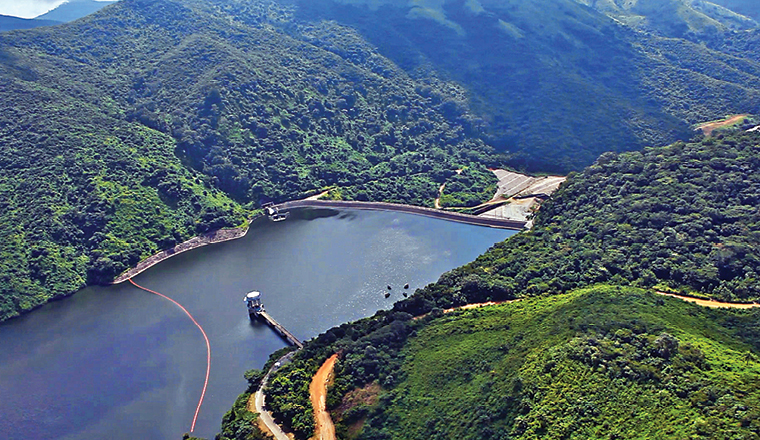
Power developer Joule Africa and equity investor AIIM have joined to move into some of Africa’s underdeveloped markets.
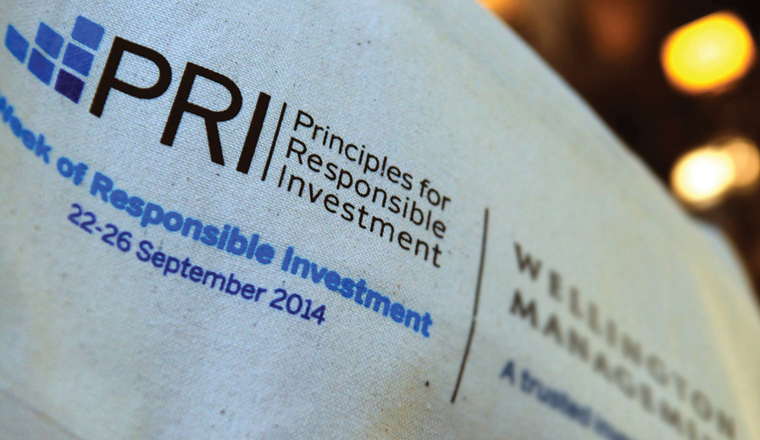
Being a signatory to the UN Principles for Responsible Investment (PRI) has become a badge of honour for many pension funds and asset managers.
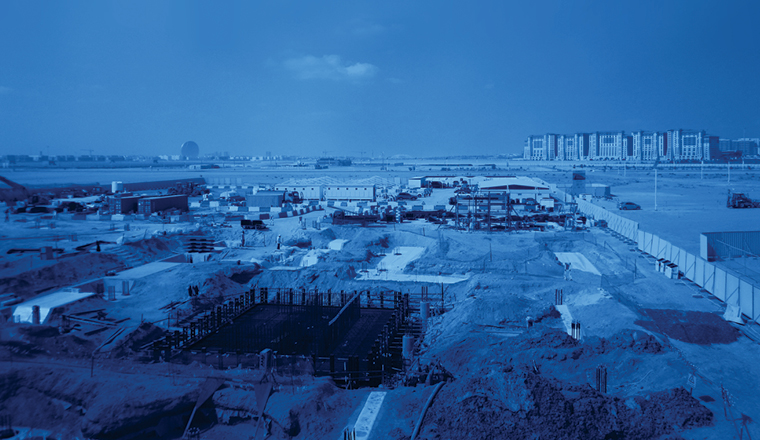
In 2008, Abu Dhabi embarked on ambitious plans to create a world-leading sustainable eco-city that would serve as a blueprint for how other cities can accommodate rapid urbanisation while reducing energy output, water and waste. This vision was realised in Masdar City – a city reliant on clean energy generated on-site from rooftop solar technology as well as one of the largest photovoltaic (PV) installations in the Middle East.